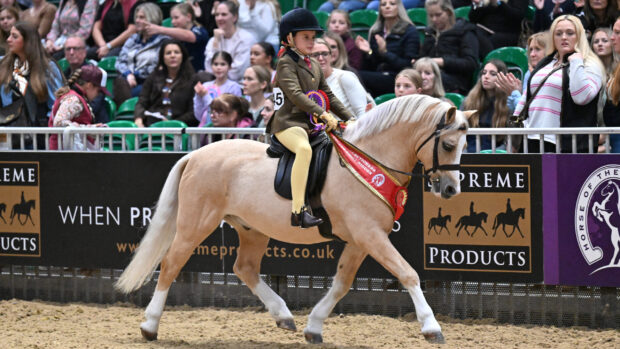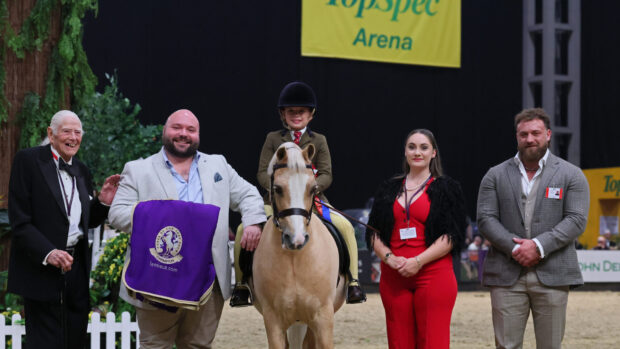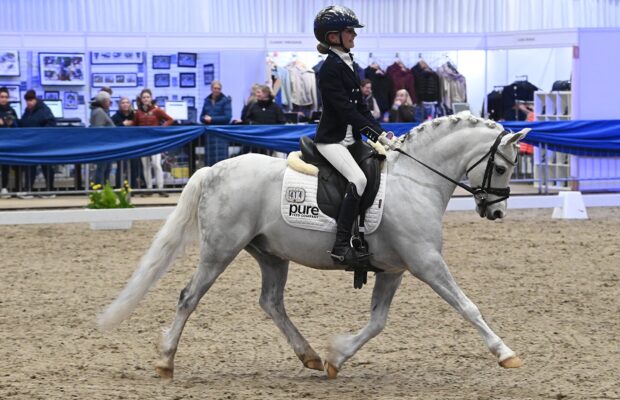If you own a native you’ll probably have been asked one of these six questions at some point:…
1. What breed is he/she?
The classic. Is he a New Forest, or possibly a bay Connemara, or even a finer Welsh section D? Is he a Highland, or a grey Fell pony? Is he a Dartmoor, or an Exmoor, or possibly an over-height Shetland? Owners might automatically be offended if someone — especially a judge — has to ask which breed their beloved pony is (isn’t it obvious!) so always proceed with caution. But if you’re not clued up on your mountain and moorland (M&M) breeds then a question is always better than an incorrect guess.
2. What don’t you trim his hair/plait him up/hog him
Wash your mouth out with soap! Getting rid of a native’s hair — aside from minimal trimming allowed in some of the breeds — is a big no-no. Unless a condition means his hair needs to be stripped back for health and happiness, native owners will always care for the natural hair in accordance to their pony’s breed standard. While the abundance of mane, tail and feather might be a nightmare for some, it’s a sign of quality and type for the M&M enthusiast, so stay away with those scissors!
3. Is he capable of that?
Never judge a book by its cover. He might be stocky, short and obviously very cute, but my native is the ultimate all-rounder. Today, you’ll not only find M&M ponies winning top titles in the show ring but they’ve taken on Badminton, competed at grand prix dressage and been driven round some seriously testing hazard courses. Anything a horse or pony can do, a native can do equally well.
4. Will you ever get a proper horse?
Low maintenance, cheap to feed and good to go in all-weathers, I’ll stick to my native, thanks.
5. Does he not need some more food?
He gets fat from just looking at food and can survive on air. Natives are the ultimate good doers so don’t be alarmed if you see an owner offering little to nothing in terms of hard feed. Most — depending on work level — will be perfectly happy with grass and some ad-lib hay, no fancy regimes needed.
Article continues below…
You might also be interested in:

Subscribe to Horse & Hound magazine today – and enjoy unlimited website access all year round
6. Where is he from?
Natives have a rich heritage so make sure you spend an evening or two wising up on your pony’s fascinating origins. Your pony could have been bred in a semi-feral herd which still resides on the moors, fells, highlands and forests of Great Britain. Learning what your pony would have been used for in bygone years will enhance your knowledge, and your ability to show them off correctly in the ring (why exactly does he have such a ground-covering trot?). Breed society websites, newsletters and social media pages are a great place to start.
Would you like to read Horse & Hound’s independent journalism without any adverts? Join Horse & Hound Plus today and you can read all articles on HorseandHound.co.uk completely ad-free




